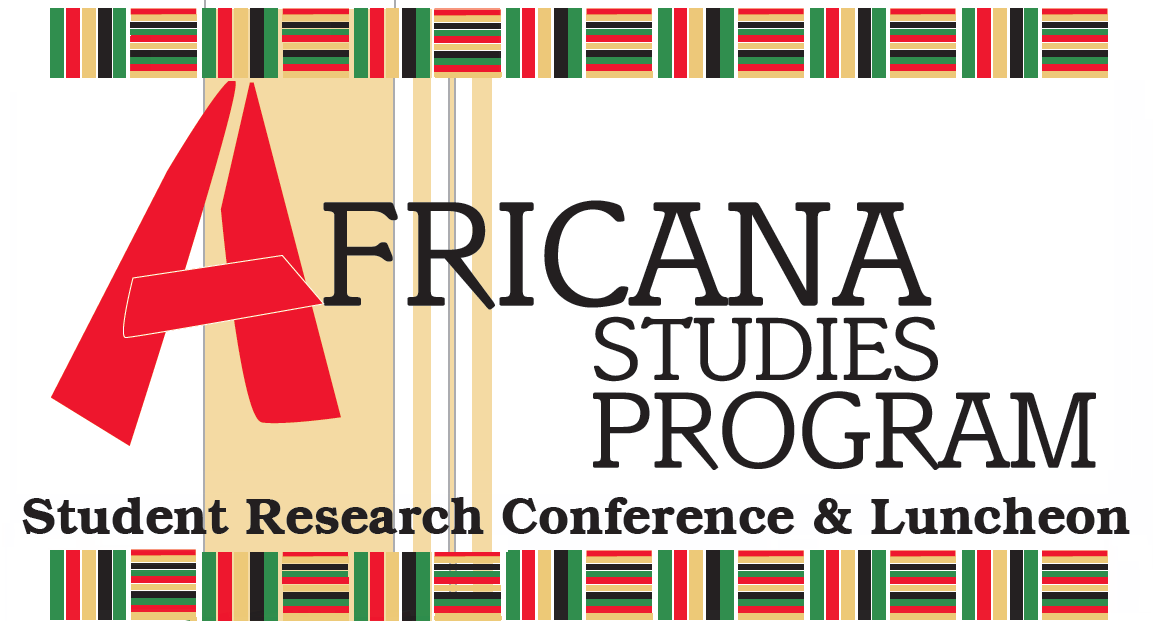
Panel 5: History and Politics
Degree Program
Undergraduate
Major
International Studies/German
Abstract
The German Democratic Republic (GDR) was one of the most influential forces during the Cold War in Southern Africa. Thanks to their assistance, revolutionary groups such as the South West Africa People’s Organization (SWAPO) and the African National Congress (ANC) were able to stand up against the Apartheid government in South Africa aided by the United States. This project examines the GDR support and solidarity measures during the Cold War and if the GDR‘s involvement in this area constitutes active engagement with the conflict. Since the German reunification, research into the specific policies of the GDR and its connection to these groups has been minimal and is still not readily available to an international audience due to most of the ground research being written in German. This leaves much of this field as unexplored territory. This research helps to begin to fill in some holes by highlighting a perviously mentioned but less thoroughly discussed topic in the existing literature and providing a more focused discussion on the actual programs and support the GDR provided, specifically during the Namibian War of Independence.
Start Date
8-2-2019 1:30 PM
End Date
8-2-2019 3:00 PM
Included in
GDR Involvement in South Africa: When Does Solidarity become Engagement?
The German Democratic Republic (GDR) was one of the most influential forces during the Cold War in Southern Africa. Thanks to their assistance, revolutionary groups such as the South West Africa People’s Organization (SWAPO) and the African National Congress (ANC) were able to stand up against the Apartheid government in South Africa aided by the United States. This project examines the GDR support and solidarity measures during the Cold War and if the GDR‘s involvement in this area constitutes active engagement with the conflict. Since the German reunification, research into the specific policies of the GDR and its connection to these groups has been minimal and is still not readily available to an international audience due to most of the ground research being written in German. This leaves much of this field as unexplored territory. This research helps to begin to fill in some holes by highlighting a perviously mentioned but less thoroughly discussed topic in the existing literature and providing a more focused discussion on the actual programs and support the GDR provided, specifically during the Namibian War of Independence.

